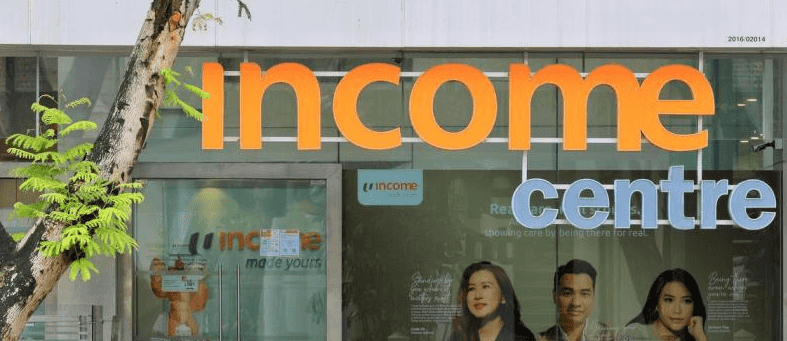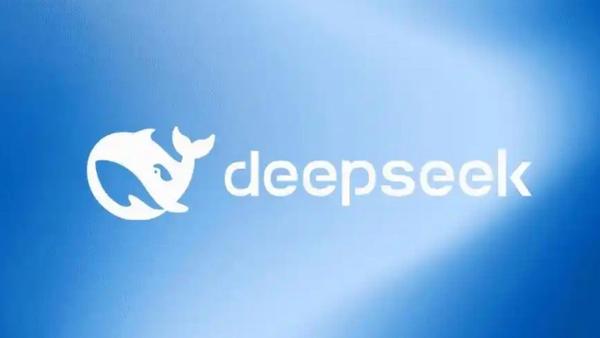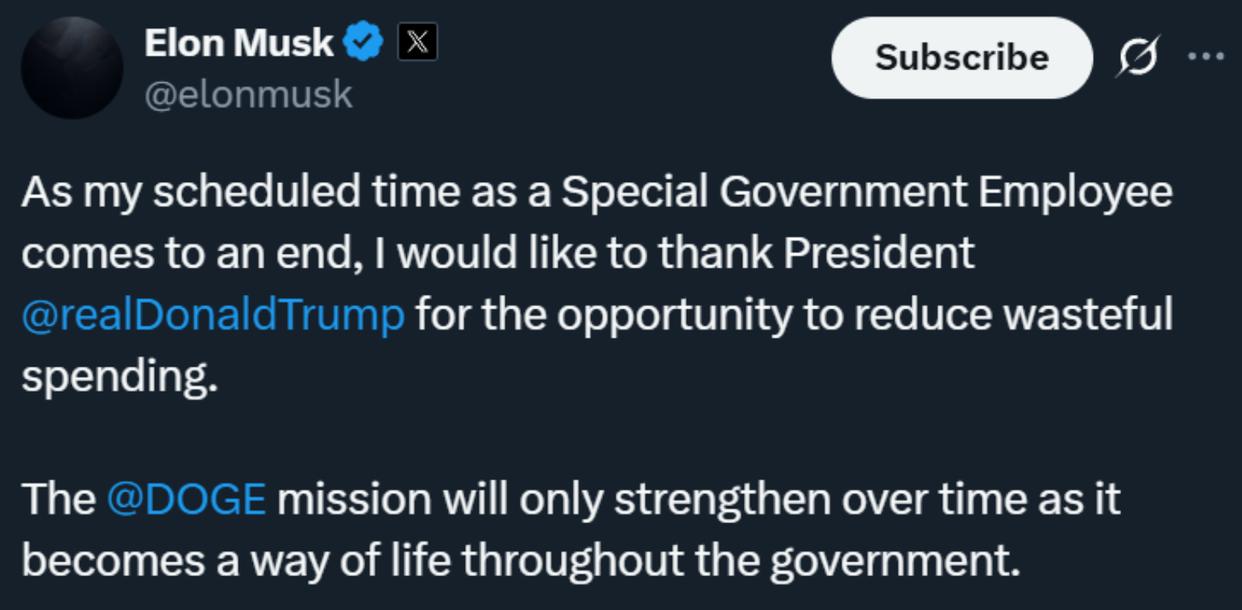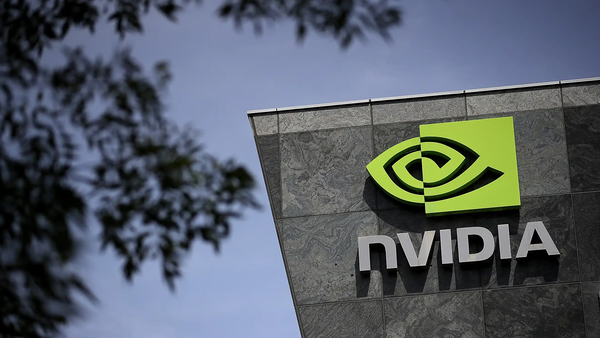
Allianz Insurance of Germany gave up the acquisition of Income Insurance, marking the end of a highly-watched merger and acquisition case, but the whole incident has not yet been resolved. From the announcement of the transaction to the government intervention, Income needs to give the public an explanation for many problems revealed in the process. In addition, the future of this insurance company with a social mission is also believed to be of concern to the public.
On July 17, Allianz announced a bid of 1.5 billion euros (about 2.2 billion Singapore dollars) to acquire at least 51% of Income’s shares. A seemingly ordinary corporate merger and acquisition case has attracted considerable attention and response from all parties. It is believed that Income’s change of hands violates the social purpose of its original establishment, and it has been brought to the parliament for discussion twice. On October 14, the government decided to call a halt because it found that the transaction structure and terms were not in the public interest, and some matters related to the transaction also surfaced.
First, there was the issue of a 2 billion yuan surplus. The government found that Income’s transaction with Allianz involved a substantial capital reduction, and planned to return $1.85 billion in cash to the shareholders of the new company; just two years ago, Income was exempted by the government during the corporatization process to retain $2 billion in surplus to strengthen its capital and financial strength to continue to fulfill its social mission. There is nothing wrong with the capital reduction itself, but Income’s surplus funds do not really belong to shareholders, but to cooperative members. Income management should explain to the public why this clause appeared in the transaction.
On the other hand, the explanation given by Senior Minister of State in the Prime Minister’s Office and NTUC Deputy Secretary-General Tan Kok Meng in Parliament revealed that even NTUC, as a major shareholder, did not grasp this key information in time during the transaction. Since NTUC itself is not directly involved in Income’s daily operations, but authorizes the board of directors of NTUC Enterprises to be responsible for all business decisions, it is reasonable for NTUC to claim that it was not aware of it beforehand. More people are wondering whether NTUC Enterprises, as a holding company, was also unaware of it, or if it knew but chose not to report it, and what was the reason for not reporting it? The public wants to know the answer. Even if it is based on the principle of commercial confidentiality, it is crucial to strengthen communication between shareholders and balance the interests of all parties when huge amounts of money and major transactions are involved. Income and even NTUC Transformation clearly have omissions in supervision and communication.
Income’s operating foundation will not be affected by the termination of the transaction. Judging from the financial data and rating performance, Income is still solid, and Allianz’s withdrawal of the acquisition offer will not have any negative impact on the company’s business or policyholders. On Monday (December 16), after Allianz announced that it had officially abandoned the acquisition plan, Income Insurance President Yang Chengzhan wrote to shareholders to emphasize that Income’s capital adequacy ratio continued to be higher than the minimum regulatory requirements, and it continued to receive S&P’s AA- rating with a stable outlook.
Judging from the statement issued by NTUC Transformation on Monday, it seems that it has not given up on finding a new buyer for Income. It will study how to address the concerns raised by the government and explore various options to further strengthen Income’s financial position. It pointed out that although Income currently has strong financial reserves, it still needs to prepare for a more unpredictable and challenging future. It disclosed that during the 2020 COVID-19 pandemic, it provided Income with $100 million in funding and prepared another $300 million to cope with emergencies. Income itself also issued $800 million in subordinated bonds. If the pandemic drags on for longer, NTUC may not be able to provide additional funds on its own, which is the main reason why it is looking for a strategic partner for Income.
The insurance market is highly competitive, and Income must maintain its competitiveness, but given its current financial situation, it does not need to rush to find a buyer. Even if it cannot expand its business to the region under the wings of multinational companies, it can still optimize its business internally, catch up with the digitalization trend of the insurance industry, and exert its competitive advantage. As Singapore Management University Assistant Professor Wu Jingrong said, instead of pursuing scale expansion, it is better to continue to focus on the target population – especially the low-income group. This is in line with Income’s social mission and helps to consolidate brand identity. If NTUC’s resources and experience can be better utilized, Income can fully maintain its advantage in the market segment.
Although the Allianz acquisition case has been terminated, the reflection it has triggered should not dissipate with it. For Income, this is both a test and an opportunity. It needs to lay the foundation for long-term development by optimizing internal governance, making resource allocation transparent, and improving technical capabilities; at the same time, it needs to adhere to its original aspiration of social responsibility and give full play to the characteristics of a mission-driven enterprise.










